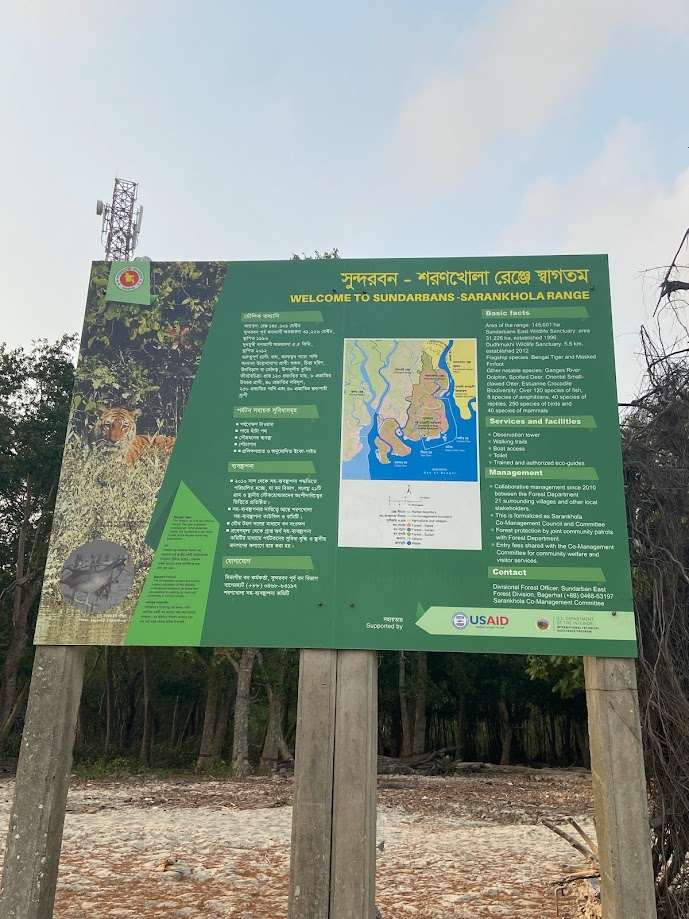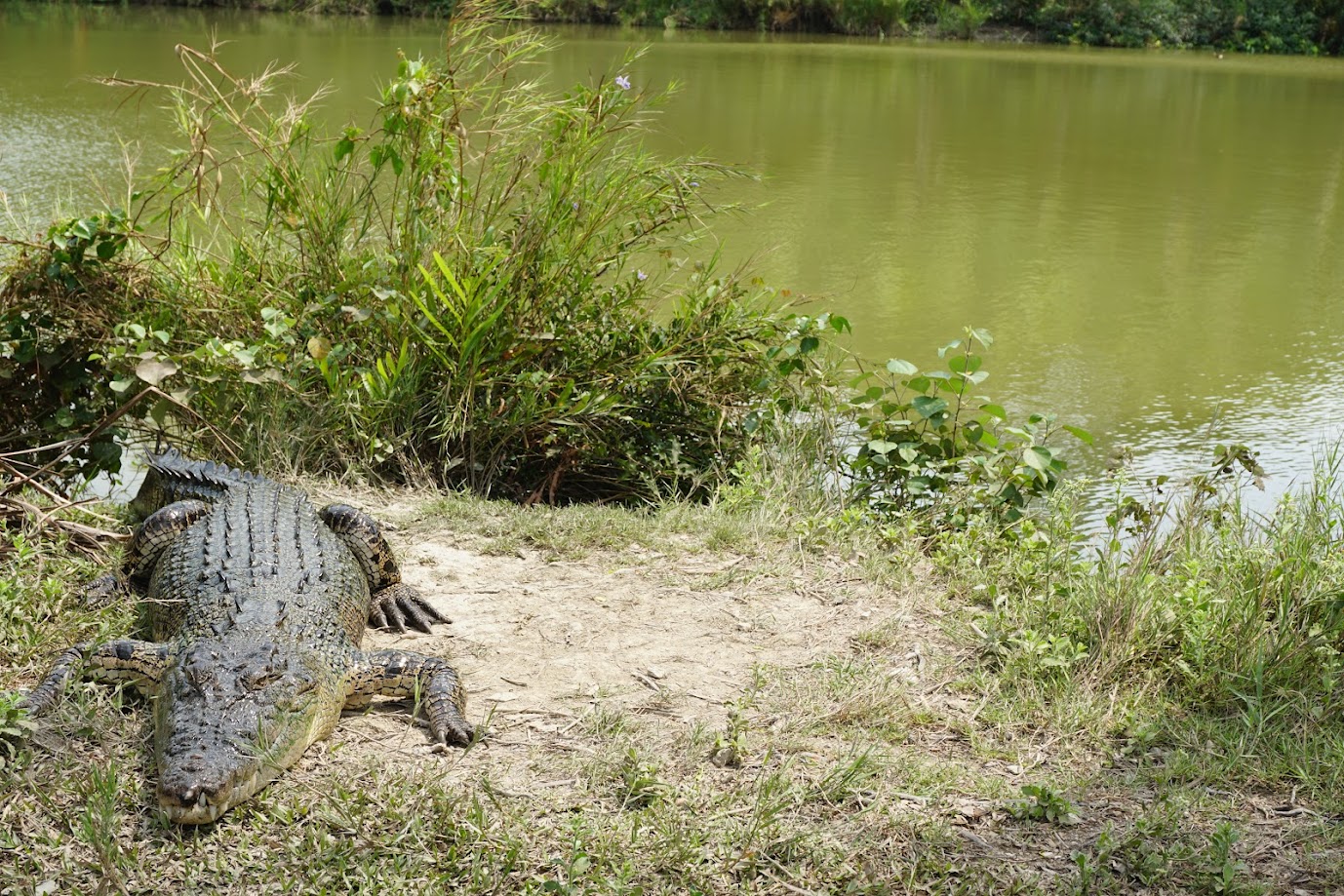BANGLADESH ECOTOURISM AND CONSERVATION ALLIANCE
The genesis of the Bangladesh Ecotourism and Conservation Alliance began in early 2020, when the United States Agency for International Development (USAID) launched the Health, Ecosystems, and Agriculture for Resilient, Thriving Societies (HEARTH) program under the Global Development Alliance (GDA) Annual Program Statement (APS). HEARTH is designed to engage private sector partners to co-create integrated sustainable development activities conserving high-biodiversity landscapes, and improving the well-being and prosperity of communities depending on these landscapes.
Biodiversity conservation and benefits to people living near parks and protected areas are shared goals of USAID/Bangladesh’s Country Development Cooperation Strategy (CDCS) and the Indo- Pacific Vision. The USAID/Bangladesh partners with the Government of Bangladesh (GoB), the private sector, non-government organizations (NGOs), and indigenous groups to manage globally significant sites and extend conservation effort’s benefits to local residents.
USAID/Bangladesh recognizes that environmental conditions are rapidly deteriorating, and cross-sectoral market-based partnerships offer new opportunities for long-term sustainable development and conservation benefiting natural-resource dependent communities. Bangladesh’s high population density, robust economic growth, and rapid urbanization drive deforestation and forest degradation. Bangladesh has lost 40% of its forests since 1930 and has seen a reduction of 106 square kilometers each year between 1990 and 2015.
USAID supports community-based natural resources governance in Bangladesh, including shared rights to manage forests and wetlands between the local communities and government entities. The process devolves or transfers power to local communities to manage and benefit from nature sustainably. In protected areas, tourism has the potential to be a tool for poverty reduction and conservation; however, barriers such as complex and contradictory policies and underdeveloped tourism products and marketing limit its development. A sustainable tourism option should instill strong values to protect nature and wildlife into the governance process. It should also ensure secure and equitable income opportunities and market systems for both men and women.
USAID/Bangladesh, in partnership with the Bangaldesh Ecotourism and Conservation Alliance (BECA) and the Government of Bangladesh, will focus interventions in and around one of Bangladesh’s most iconic tourism destinations and one of the most important protected areas—the Sundarbans Reserved Forest, the world’s largest remaining mangrove forest and a critical area for economically important fisheries, coastal communities, and the iconic Bengal tiger.
The overall vision behind USAID’s investment in Bangladesh’s tourism sector is to capitalize on the country’s natural, cultural, and historical endowments to develop a more inclusive tourism value chain that integrates local communities and maximizes conservation benefits. The goal of BECA is to “develop an inclusive tourism value chain capitalizing on the country’s natural, cultural, and historical endowments in and around Key Biodiversity Areas of Bangladesh, while maximizing benefits for biodiversity and local communities.” As an approach to reach BECA’s goal, BECA will create a strategic plan that results in a measurable increase in tourism visitors while obtaining commitments of at least $1 million worth of investments from the private sector two years after its launch.




